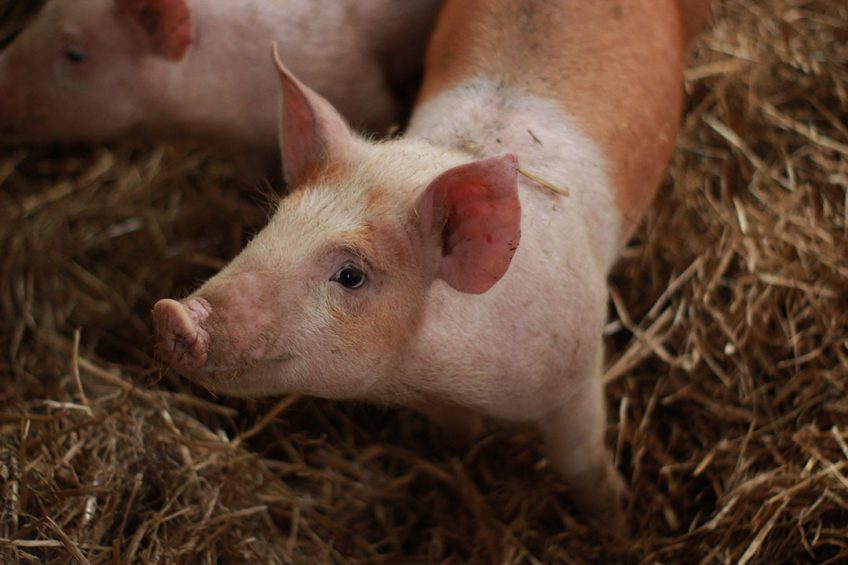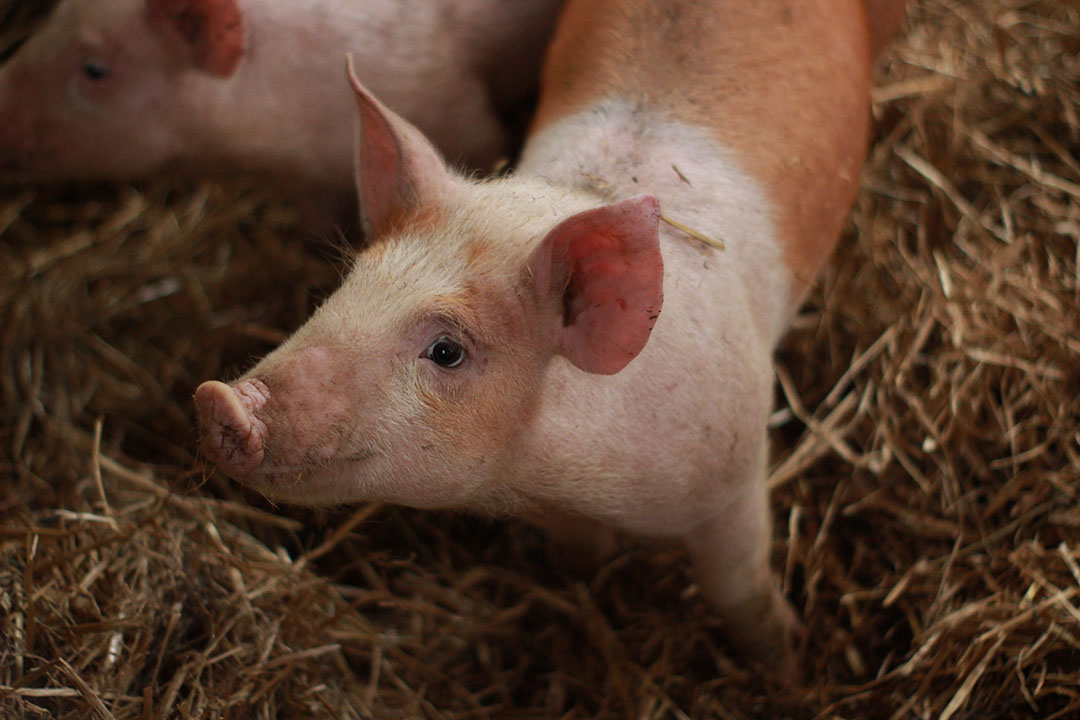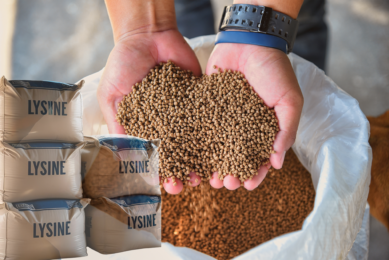Folic acid improves performance of weaned piglets

A recent study determined that dietary folic acid supplementation can improve the growth performance and intestinal morphology of weaned piglets by maintaining the balance of epithelial cell renewal.
The weaning of piglets is a stressful process and can be associated with gastrointestinal function disorders, and often growth retardation and diarrhoea. To assist piglets through this process, antibiotics and zinc oxide at pharmacological levels have been widely used as feed additives, however, alternatives are now needed.
Several studies demonstrate that a deficiency of folic acid can lead to anaemia and diarrhoea and can reduce weight gain and litter size of piglets. However, rapidly growing tissues or cells with a high turnover rate are sensitive to folic acid levels and so supplemental folic acid can promote the growth of young animals.

The researchers noted that the intestines of post-weaning piglets grow faster compared to their other body parts and so the proliferation rate of intestinal cells, which is more sensitive to folic acid concentration, is higher in this part of a piglet’s body. Moreover, in a post-weaning diet lacking antibiotics and zinc oxide, the effect of folic acid on the growth performance and underlying mechanism on the intestinal morphology and functions in weaned piglets are still unclear.
The study was aimed at evaluating the effect of dietary folic acid levels on the growth performance, intestinal morphology and functions, and intestinal epithelial cell renewal in post-weaning piglets fed an antibiotic-free and zinc oxide-free diet.
The study
A total of 28 weaned piglets (Duroc × Landrace × Yorkshire; barrow; initial average body weight of 6.73 ± 0.62 kg) at 21 days of age were selected from 10 litters based on body weight and randomly assigned to 4 treatments. The piglets were fed the same antibiotic-free and zinc oxide-free basal diets supplemented with folic acid at 0, 3, 9, and 18 mg/kg for 14 days. The folic acid used was a spray-dried micro-granular commercial product containing 80% folic acid using dextrin as the carrier.
The results – increasing the nutrient digestibility and deposition
Dietary supplementation with folic acid increased villus height, villus height-to-crypt depth ratio and villus surface area, and significantly increased the lactase and sucrase activities in the jejunal mucosa of weaned piglets. In line with the intestinal morphology and functions improvement, dietary supplementation with folic acid 9 and 18 mg/kg groups significantly increased the ADG in weaned piglets. Results indicate that dietary supplementation with high-dose folic acid (3, 9 and 18 mg/kg) can increase the utilisation of proteins, by promoting body protein synthesis and deposition. Meanwhile, dietary supplementation with 9 and 18 mg/kg folic acid can significantly decrease some essential amino acids content in the blood, such as Lys, Met, and branched-chain amino acids, which further supported the above conclusion. Therefore, dietary supplementation with folic acid appears to improve the growth performance of weaned piglets by both increasing the nutrient digestibility and deposition.











